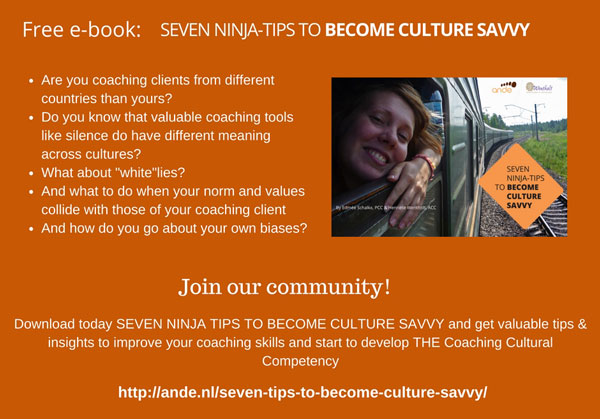TCK’s are growing in numbers and you can find them in every corner of the world
Managers, leaders and employers are missing out if they cannot answer the question: what is to know about third culture kids, also known as TCK’s?
Third culture kid (TCK) is a term used to refer to children who were raised in a culture outside of their parents’ culture for a significant part of their development years.
TCK valuable assets to employers
TCK’s are “formed” in an ever changing environment where they take a very active part in it. Their situations might change overnight: today they are living in Paris and tomorrow they might wake up in Buenos Aires. Exposure to different languages, continents, weathers, foods, lifestyles is the norm for TCKs. These individuals often offer solutions in a unique and creative way. They have been exposed to different problem-solving techniques, and have a different perspective to situations from locals.
The different places TCK’s lived in, mainly between the ages of 1 and 18 years, are part of who TCK’s are. Their identity has been formed by constant changes, insecurities, discoveries, they need to adapt fast so “flexibility” becomes their middle name. “While parents of TCK’s can return “home” to their country of origin, that is not the case for their children, who enriched by having shared life in their formative years with people from different cultures, will have characteristics of both cultures in their very being. Acceptance of this fact frees TCK’s to be uniquely themselves. In fact, TCK’s have tools to be the cultural brokers of the future.”(1)
TCK’s and people with a multi-cultural backgrounds (individuals who adopted different aspects from different cultures and or have special awareness to culture) have the skill and experience needed to manage a diverse team of people as they can look at issues and people from different perspectives; they are emphatic and understand the way of thinking of different cultures.
Moving among cultures brings another advantage – networking across different cultures is part of who they are and how they do things. They move naturally, and have an understanding of unspoken do’s and don’ts.
Multi-cultural people have been exposed to different lifestyles, local realities and politics. They can translate situations to different local situations. Often, racial issues are non-issues. They have most probably played with kids of all walks of life.
TCK (which might be different to being multiculturalists, expats) can feel detached, like belonging nowhere and everywhere. They miss the roots (like not attending the same school for throughout primary and high school, had the same friends, same streets, same language/traditions, and same rhythm as the people in their present place). They struggle defining their cultural identity. The most difficult question you can ask a TCK is: Where do you come from? Or what is your home country? The struggle comes in telling where is home (physical), where do the parents come from and how do they feel.
When working with TCK’s it might help you to have this information at hand:
| Positive | Negative: |
| Observation skills | Not knowing where “home” is. |
| Linguistic skills far beyond the primary school teachings. They speak but also know the language and unspoken rules | Having a kind of restlessness. Need new challenges and changes. They even find it difficult spend time at home during a holiday period |
| A broad world view, thinking “outside of the box” | Not relating 100% with parents’ home country |
| The skill of being less judgmental. | Not fitting with people not exposed to different cultures nor travelling |
| The ability to being independent and autonomous | The constant longing of “past” countries |
Coaching TCK’s
I dare to say that to understand a TCK it helps to be a TCK too. They will tell incredible stories that are not product of their imagination, much to the contrary, actually happened. They may be at loss of words searching for the right expression because only one in a different language comes up. They may feel restless and “homeless”, itched by the need to travel, move to another place, house or town. The constant draw to be on the move or just the contrary, not wanting to move ever again can only be really understood by someone who has that same sense of not belonging.
When coaching a TCK is important to look at the whole person, but the understanding of their special background will help move the coaching faster. Supporting the TCK to understand those feelings of not belonging and restlessness as well as their talents such as global mobility, networking, languages, flexibility and looking at things from many angles will spur the development and growth of the TCK. Supporting TCK’s to examine the way they connect and or communicate and how this is received by others.
Just want you to know that Culture Matters! And it has an impact on your life.
(1) TCK World: The Official Home of Third Culture Kids- http://www.tckworld.com/tckdefine.html




 Edmée is a Professional Certified Coach (PCC) and a Certified Mentor Coach with over 15 years of broad international experience supporting coaches to prepare for ICF certifications and individuals with their personal growth. Her trademark course
Edmée is a Professional Certified Coach (PCC) and a Certified Mentor Coach with over 15 years of broad international experience supporting coaches to prepare for ICF certifications and individuals with their personal growth. Her trademark course